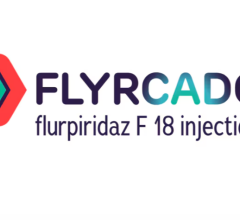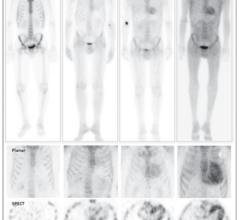January 27, 2009 - Babcock & Wilcox Technical Services Group Inc. recently signed an agreement with Covidien to develop technology for the manufacture of molybdenum-99 (Mo-99), the parent isotope of technetium-99m (Tc-99m), the most widely used radioisotope for molecular imaging and nuclear medicine procedures.
The companies said the program has the potential to supply more than 50 percent of U.S. demand for Mo-99. Under the agreement, B&W and Mallinckrodt Inc., a subsidiary of Covidien, will collaborate on the development of solution-based reactor technology for medical isotope production. The agreement combines Covidien’s expertise in radiopharmaceutical production and global regulatory approvals with B&W’s patented liquid phase nuclear technology. This reactor technology uses low enriched uranium (LEU) and generates only about 1 percent of the radioactive waste compared to spent fuel and processing wastes generated by current reactor production of Mo-99, most of which uses highly enriched uranium.
This collaboration is an initial step toward establishing a large-scale U.S. supply of medical isotopes. Currently, the U.S. imports 100 percent of the Mo-99 supply, which is manufactured at a handful of aging nuclear reactors. Unplanned shutdowns of these reactors for maintenance needs or safety-related issues have led to periodic shortages of medical isotopes. Because Mo-99 has a half-life of only 66 hours, shortages have an almost immediate impact on the ability of physicians to perform critical patient procedures.
About 16 million U.S. patients undergo nuclear medicine procedures to diagnose heart disease or to detect and treat cancer and other medical conditions. Tc-99m, which is derived from Mo-99, is used in about 80 percent of these medical imaging procedures.
For more information: www.babcock.com, www.covidien.com


 March 25, 2025
March 25, 2025 









